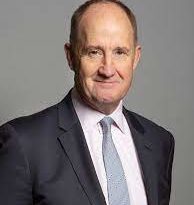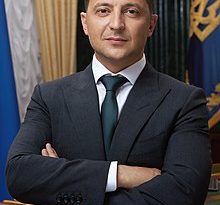Alex Cunningham – 2016 Parliamentary Question to the Home Office
The below Parliamentary question was asked by Alex Cunningham on 2016-02-02.
To ask the Secretary of State for the Home Department, what steps she is taking to reunite lone refugee children in mainland Europe with family members in the UK.
James Brokenshire
Unaccompanied children in other EU countries should be able to access the support needed in those countries. The European countries in which they arrive have international obligations and a duty to provide adequate protection and support to refugees within their territory.
We are working closely with UN agencies, NGOs and the Member States involved to ensure that protection is provided. We will provide further resources to the European Asylum Support Office to help in border “hotspots” in Greece and Italy to help identify and register children at risk on first arrival in the EU.
The Government remains concerned about the needs of vulnerable children on the move in Europe and the Balkans, and the needs of those who become stranded along the route. The UK has therefore increased its aid to refugees and migrants, including children, in Europe and the Balkans to £46 million, divided among the most affected countries and including specific support of £2.75 million to UNICEF, which will benefit 27,000 children. In addition, the Department for International Development (DFID) is creating a new fund of up to £10 million to support the needs of vulnerable refugee and migrant children in Europe, the Refugee Children Fund for Europe.
This will include targeted support to meet the specific needs of unaccompanied and separated children who face additional risks. The support will be delivered through a range of UN agencies and NGOs. Unaccompanied children that have a close family link to the UK and claim asylum in another EU country may be entitled to be transferred to the UK under the family unity provisions of the Dublin Regulation. We want to ensure we reunite children with any close family in the UK as quickly and as safely as possible, and we work closely with EU partners on this issue.



